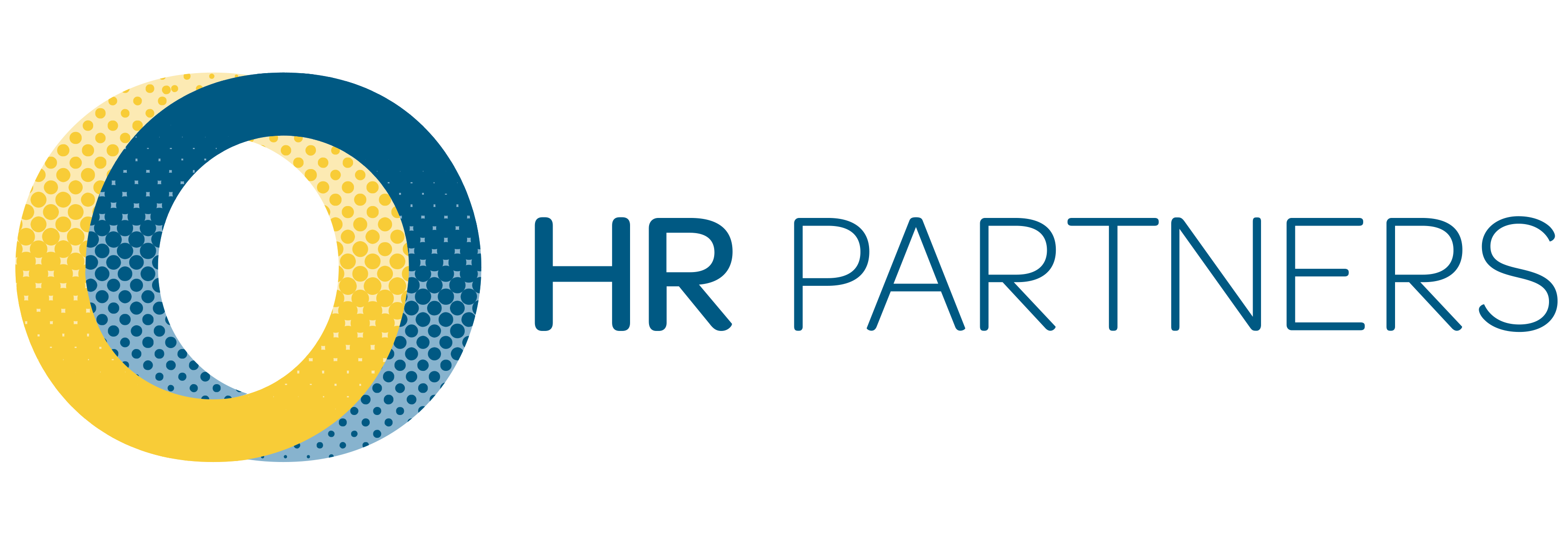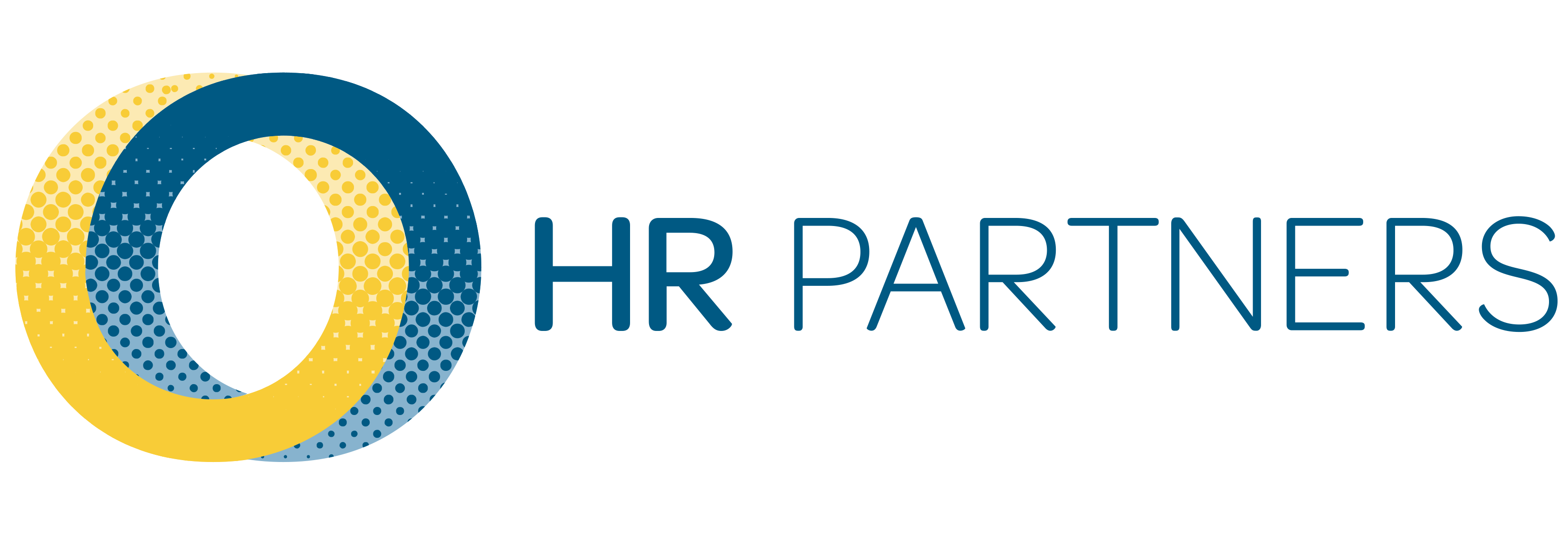In the intricate web of business operations, few tasks hold as much importance as payroll management. It’s the heartbeat of your organization, ensuring your employees are compensated accurately and on time. However, managing payroll efficiently isn’t just about cutting checks; it’s about adhering to regulations, maintaining accuracy, and fostering trust among your workforce.

For small businesses, in particular, the intricacies of payroll can be overwhelming. From calculating wages to deducting taxes and ensuring compliance with ever-evolving regulations, there’s a lot to consider. But fear not, as mastering payroll best practices can transform this daunting task into a streamlined process that drives organizational success.
Efficient payroll management begins with a solid understanding of best practices. Here’s a glimpse into what you can expect to learn and implement in our upcoming webinar:
- Accuracy is Key: Payroll errors can lead to dissatisfaction among employees and legal ramifications for your business. Learn how to maintain accuracy in payroll calculations, tax deductions, and benefit allocations to avoid costly mistakes.
- Stay Compliant: Navigating the labyrinth of payroll regulations can be daunting, but it’s essential for avoiding penalties and maintaining trust with your employees. Discover how to stay up-to-date with local, state, and federal regulations, ensuring compliance every step of the way.
- Embrace Automation: Say goodbye to manual data entry and cumbersome spreadsheets. Explore the benefits of payroll automation, from simplifying repetitive tasks to reducing the risk of errors and improving efficiency.
- Enhance Security: Protecting sensitive payroll data is paramount. Learn about data security best practices, including encryption methods, access controls, and employee training, to safeguard your payroll information from cyber threats and unauthorized access.
- Transparency and Communication: Clear communication fosters trust and transparency within your organization. Discover strategies for effectively communicating with employees about payroll matters, from pay stubs to tax documents, and address any questions or concerns they may have.
- Continual Evaluation and Improvement: Payroll isn’t a set-it-and-forget-it task. It requires continual evaluation and improvement to adapt to changing business needs and regulations. Learn how to conduct regular audits, gather feedback, and implement process enhancements to optimize your payroll operations.
- Employee Education: Empower your employees with knowledge about their pay and benefits. Educate them on how payroll works, including deductions, tax withholdings, and benefit options, to promote financial literacy and minimize misunderstandings.
- Seek Professional Guidance: When in doubt, don’t hesitate to seek professional assistance. Whether it’s consulting with a payroll expert or investing in payroll software tailored to small businesses, leveraging external resources can help alleviate the complexities of payroll management.
In conclusion, mastering payroll best practices is essential for small businesses looking to streamline operations, ensure compliance, and foster trust with employees. By attending our webinar, you’ll gain valuable insights and practical strategies for optimizing your payroll process and driving organizational success. Don’t miss out on this opportunity to elevate your payroll management game and propel your business forward. Join us and take the first step towards payroll excellence.

